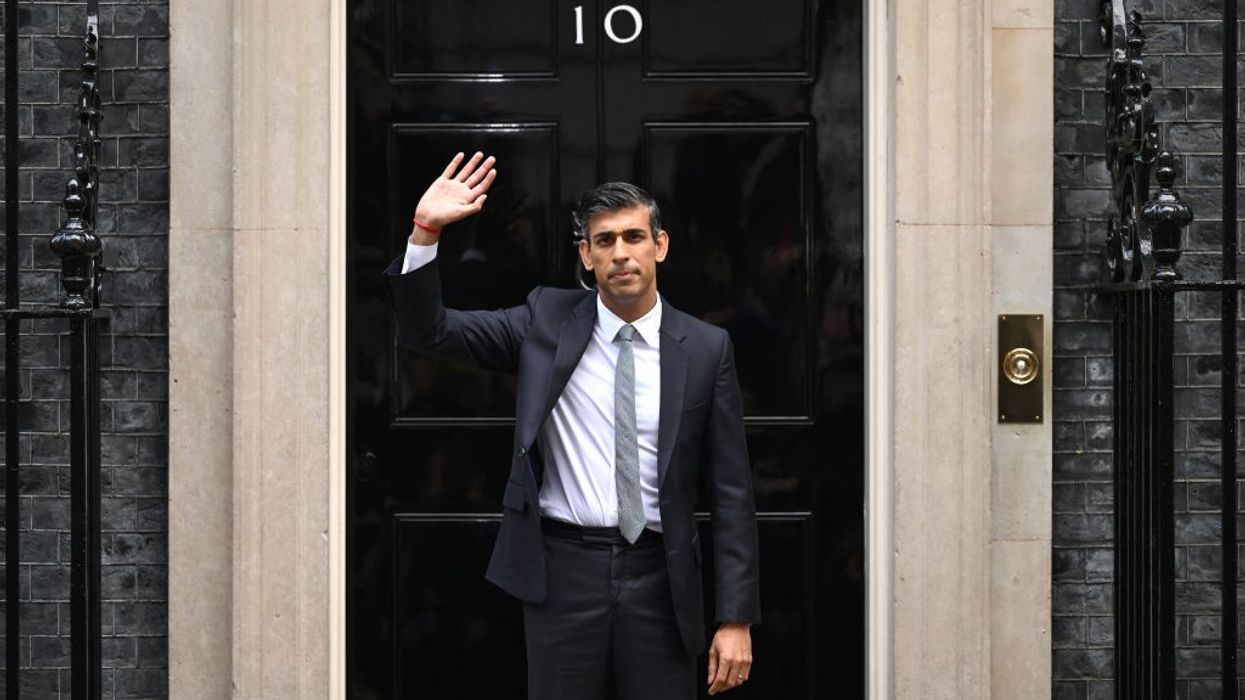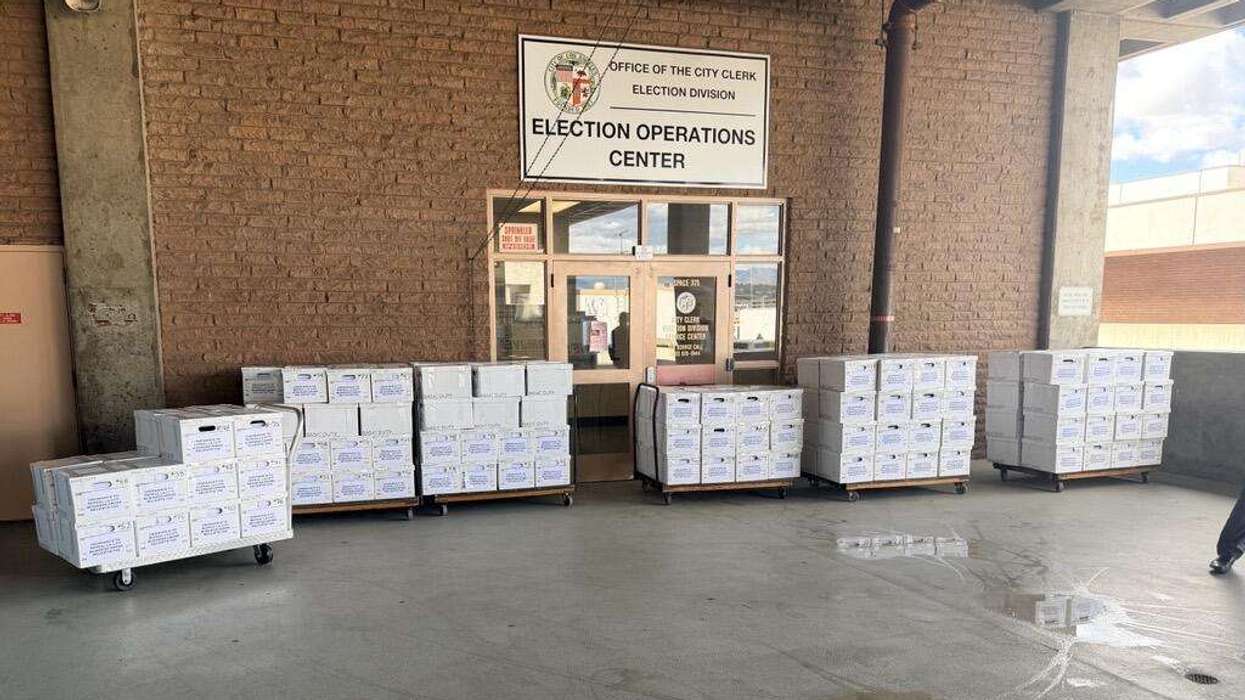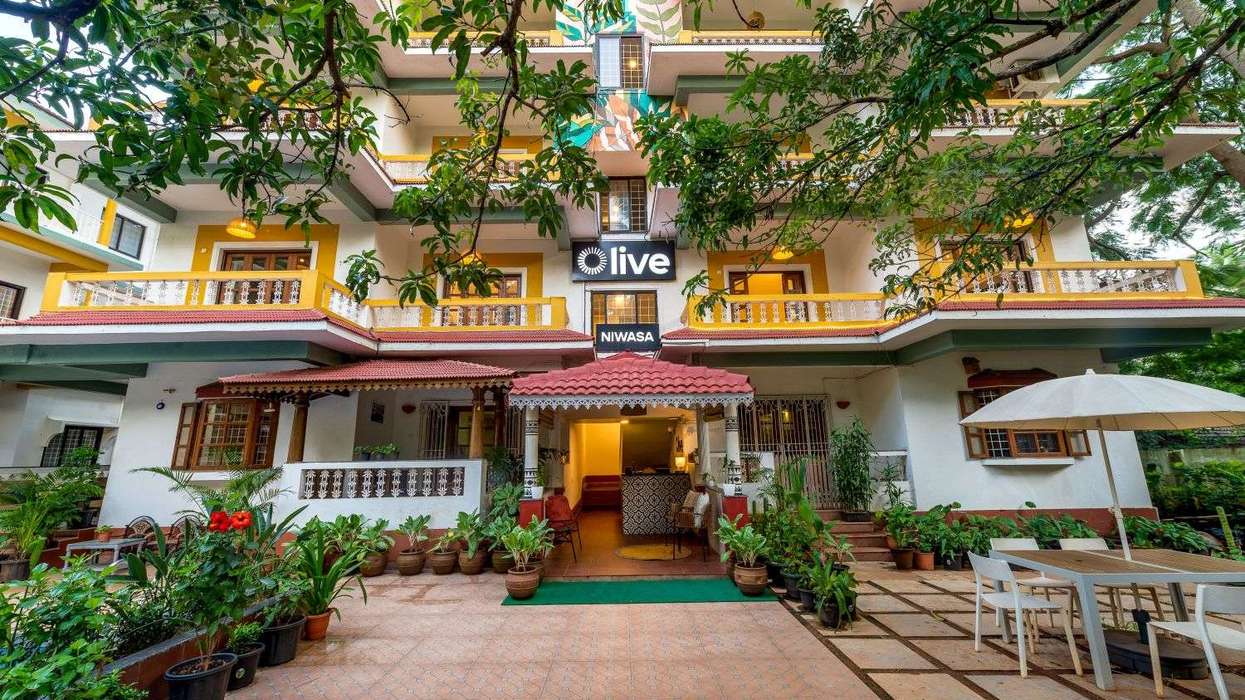RISHI SUNAK MADE his first speech as Britain’s prime minister on Tuesday (25), acknowledging the mistakes of his predecessor Liz Truss while vowing to fix the economy, lead with integrity and fulfil the promises of the Conservative Party’s 2019 manifesto.
Below are the highlights from Sunak’s speech:
ON THE ECONOMY
“Our country is facing a profound economic crisis. The aftermath of Covid still lingers. Putin’s war in Ukraine has destabilised energy markets and supply chains the world over.”
“I will place economic stability and confidence at the heart of this government’s agenda. This will mean difficult decisions to come.”
MISTAKES WERE MADE
“I want to pay tribute to my predecessor Liz Truss. She was not wrong to want to improve growth in this country. It is a noble aim. And I admired her restlessness to create change.
“But some mistakes were made — not born of ill will, or bad intentions. Quite the opposite, in fact. But mistakes, nonetheless. And I have been elected as leader of my party and your prime minister, in part to fix them.”
ON BORIS JOHNSON
“I will always be grateful to Boris Johnson for his incredible achievements as prime minister and I treasure his warmth and generosity of spirit. And I know he would agree that the mandate my party earned in 2019 is not the sole property of any one individual. It is a mandate that belongs to and unites all of us. And the heart of that mandate is our manifesto. I will deliver on its promise. ”
ON THE CHALLENGE AHEAD
“I fully appreciate how hard things are. And I understand too that I have work to do to restore trust, after all that has happened. All I can say is that I am not daunted. I know the high office I have accepted and I hope to live up to its demands.”
NO DEBTS FOR NEXT GENERATION
“The government I lead will not leave the next generation —your children and grandchildren — with a debt to settle that we were too weak to pay ourselves.”
I WILL EARN YOUR TRUST
“I will unite our country not with words, but with action. I will work day in, and day out to deliver for you. This government will have integrity, professionalism, and accountability at every level. Trust is earned and I will earn yours.”
FULFILLING MANIFESTO’S PROMISES
“I will deliver on (our manifesto’s) promise. A stronger NHS, better schools, safer streets, control of our borders, protecting our environment, supporting our armed forces, levelling up, and building an economy that embraces the opportunities of Brexit where businesses invest, innovate and create jobs.”
Asian Hospitality’s parent company, Asian Media Group, is based in London. This story originally appeared in Asian Hospitality’s sister publication Eastern Eye.





